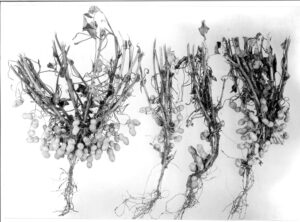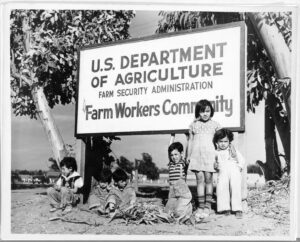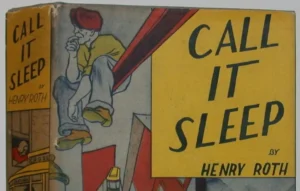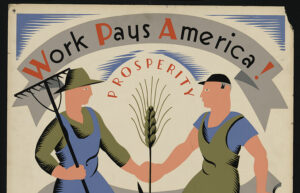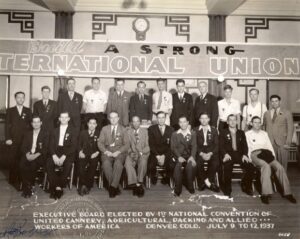
Challenging the New Deal’s “Contemptible Neglect”: The CIO’s Campaign to Organize Agricultural Laborers
That disaster followed in 1947 when Republicans, who won majorities in both houses of Congress in the 1946 election, passed the Taft-Hartley amendment to the Wagner Act, which placed a raft of restrictions on labor unions, opened the door for right-to-work laws, and required all union officers to sign affidavits confirming that they were not members of the Communist Party. The latter caused the biggest problem for FTA since all its national officers were Communists. This opened the door for more conservative unions in the AFL and the CIO to launch membership raids on FTA locals, often with the support of employers.

